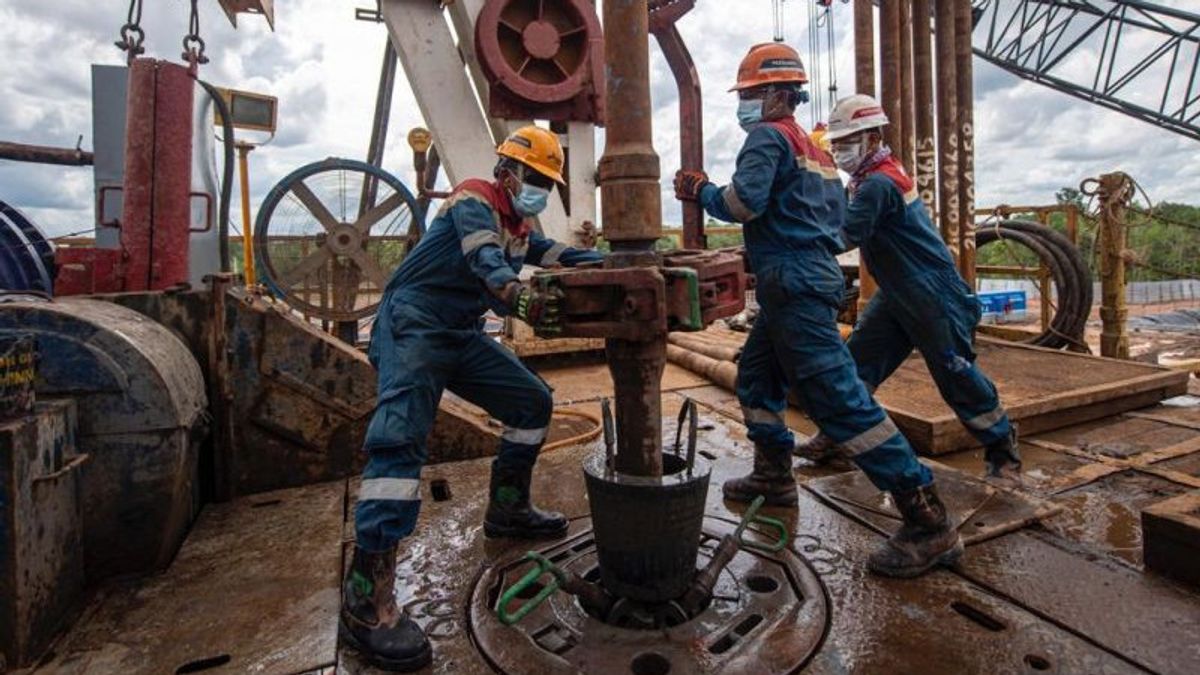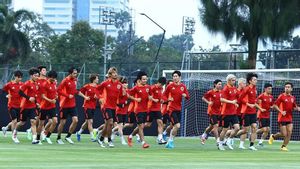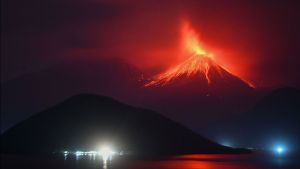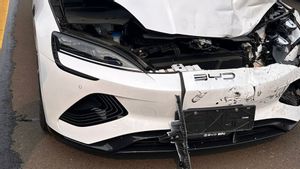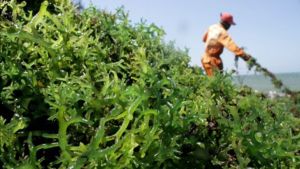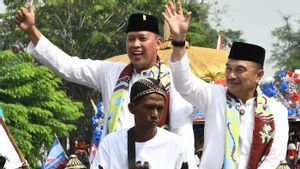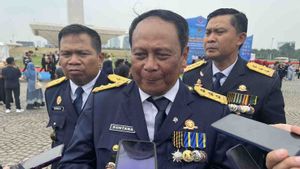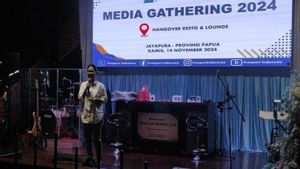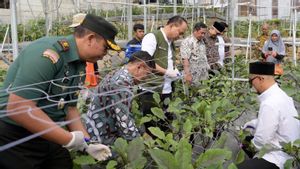JAKARTA - The government needs to collaborate massively from all stakeholders in an effort to reform national upstream oil and gas (oil and gas) activities.
"The government can't do it alone, it needs collaboration with all stakeholders from regions, business entities, research institutions, academics, professional practitioners, associations and international cooperation," said Inge Sondaryani, chairman of the Trisakti Petroleum Engineering Alumni Association (IAPT), as quoted by ANTARA, Saturday, July 30.
According to him, the government also has a big target, namely oil production of one million barrels per day and natural gas of 12 billion cubic feet per day by 2030, which requires joint work.
In this regard, continued Inge, his party provided recommendations as a form of IAPT's concern for the condition of the national upstream oil and gas which is still the prime mover of the national economy, oil and gas as development capital, and also a source of state revenue.
"The number of alumni of Petroleum Engineering at Trisakti University is very large and has various professions and contributions in the DPR, government, oil companies, service companies, entrepreneurs/entrepreneurs and various other professions, so that the input we provide becomes more comprehensive in efforts to improve the upstream industry. national oil and gas," he said.
Inge said the recommendations for upstream oil and gas from IAPT professional practitioners submitted to the government include, first, it is necessary to immediately make changes to fiscal policy so that the national economy and oil and gas investment are more attractive to both national and foreign investors. Foreign investors also need to collaborate with national investors for better results.
Second, there is a need for legal certainty in the activities of the national upstream oil and gas industry.
"The revision of Law No. 22 of 2001 on Oil and Gas has not yet been completed, causing investors to be careful in investing their capital in Indonesia," he said.
According to Inge, concerns over the sanctity of contracts have made investors rethink investing more massively. SKK Migas is currently still using Presidential Regulation (Perpres) No. 9 of 2013 concerning the Management of Upstream Oil and Gas Business Activities.
"Revision of the Oil and Gas Law is very urgent to be carried out for the improvement and reform of the national upstream oil and gas, both for certainty for improving governance and institutions as well," he said.
The third recommendation is to carry out more massive drilling activities, be it exploration, production, development, work over and well services (WOWS) in order to maintain national oil and gas production and increase proven oil and gas reserves.
Fourth, continued Inge, is to increase research and development (R&D) activities by involving all parties including academics in the context of developing new fields and improving the quality of human resources.
Fifth, improve the accuracy of sub-surface data for each oil and gas block that will be auctioned so that every bidder has sufficient data and has the desire to immediately participate in Indonesia.
Sixth, long licensing must be reformed immediately.
The use of Online Single Submission (OSS) still needs to be optimized and the synergy between ministries and institutions, local governments, and other stakeholders related to licensing has not run optimally.
The provision of national upstream oil and gas recommendations to the government was also attended by the President Director of PT Krakatau Steel, who is also the General Chairperson of Ikasakti Silmy Karim, Director of Infrastructure and Technology of PT PGN Tbk Achmad Muchtasyar, VP Production and Project of PT Pertamina Hulu Energi Edwil Suzandi, energy observer Mamit Setiawan, and alumni of Trisakti Petroleum Engineering.
Secretary General of the Ministry of Energy and Mineral Resources, Ego Syahrial, said that the recommendation for the national upstream oil and gas was a positive input for the government in order to improve the national oil and gas investment climate.
"This input is very positive and we will follow up on it at the Ministry of Energy and Mineral Resources considering the input given comes from actors in oil and gas activities, both from government stakeholders, oil and gas cooperation contact contractors (KKKS), lecturers, entrepreneurs supporting upstream oil and gas activities, and also students," he said.
The English, Chinese, Japanese, Arabic, and French versions are automatically generated by the AI. So there may still be inaccuracies in translating, please always see Indonesian as our main language. (system supported by DigitalSiber.id)
